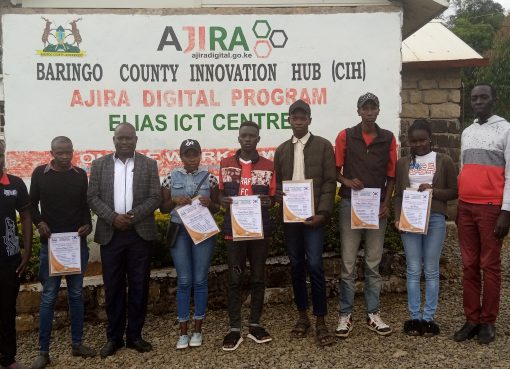A section of residents in Makueni want the Ngulia people, a sub tribe of the Kamba community to be classified as a minority and a marginalised ethnic group in the county.
The residents said the Ngulia, living mainly in Kibwezi, meet the constitutional threshold of a minority and marginalised ethnic group in the country.
Nationally, there are 21 marginalised ethnic minorities. They include the Konso,Isaak, Njemps, Waat,Galjeel, Dasenach, Nubi, Walwana, Sakuye,Ilchamus and Nubi.
Others are Leysan, Galla, Gosha, Burji, Rendile, Basuba, Orma, Borana, Swahili, Gabra and Taveta.
Speaking during a public education forum on minority and marginalised ethnic groups and communities by the National Gender and Equality Commission (NGEC) at Wote Technical Institute on Thursday, County Social Development Officer Daniel Mulonzi said the Ngulia people due to their distinct culture had been isolated from the social and economic life of the dominant Kambas in Kibwezi.
“The Ngulia people are an indigenous community living near Chyulu hills who have retained their traditional lifestyle as a hunter and gatherer economy and rarely participate in the social economic activities of the dominant group,” said Mulonzi.
He said due to the historical injustices and harsh environmental conditions the Ngulia people are poor, with low levels of illiteracy and have limited access to government services.
“The Ngulias were evicted from Chyulu hills and now live along the rivers in the region and therefore qualify to be a minority and marginalised ethnic group,” added Mulonzi.
The former Makueni MP, Peter Maundu echoed the sentiments, saying the Ngulia had preserved their traditional way of life without being assimilated into the culture of the immigrants.
The Head of the Minority and Marginalised Division at NGEC, Carolyn Munyua speaking at the same forum said there was need for the national and county governments to initiate programmes targeting the Ngulia especially in health and education sectors.
“The governments should also uphold affirmative action in public service and community leadership,” said Ms. Munyua.
The Ngulia people form the majority of land squatters in Kibwezi and live under squalor conditions.
According to Lindblom and Hobleys Book, The Akamba of British East Africa, the Ngulia were the native Kamba of Kikumbukyu and had lived there before 1836.
In 1836, due to a great famine some migrated southwest and settled between Taveta and Lake Jipe, later moving to Tanzania in Musi valley, Usambara and Maramba regions.
However, a majority remained in Kikumbukyu from north of River Kiboko, to Tsavo in the south and westwards to Chyulu ranges.
The coming and the settlement of the missionaries in Kibwezi between the late 1890’s and early 1900’s spelt doom for the Ngulia people.
They were evicted from their native land to create space for the white settlers, wild life conservation, and hunting grounds.
Creation of the Tsavo West National Park led to the eviction of the Ngulia from Tsavo river through Mzima Springs up to Mtito Andei while creation of the Chyulu National Reserve in the 1980’s led to the massive eviction of the people leading to loss of property and lives.
By Roselyne Kavoo



